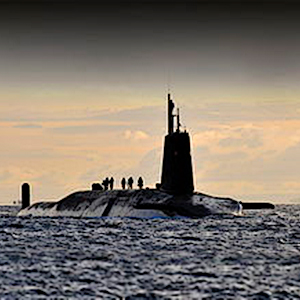Mark Fitzpatrick and Elena Sokova
June 2, 2015

HMS Vanguard arrives back at HM Naval Base Clyde, Faslane, Scotland following a patrol. via Wikimedia
The following is an excerpt from an article that was originally published by the World Economic Forum.
The alleged security failings in the UK Trident submarine program exposed by a Royal Navy whistleblower William McNeilly on 17 May bring into focus the issue of security gaps and vulnerabilities of military nuclear programs. When we learn about nuclear security lapses regarding these programs, it is usually due to untoward incidents or whistleblowing. Proper oversight would identify and resolve vulnerabilities before incidents occur. There is little in the way of credible public information, however, about the principles and implementation approaches to securing nuclear arsenals. Given how much attention the global community pays to the security of civilian nuclear materials to prevent nuclear terrorism, this lacuna concerning nuclear materials in the military realm is disconcerting.
[…]Regrettably, there is not much appetite among the nuclear weapons possessors to open a discussion on developing security guidelines or best practices for control, protection, and accounting of these dangerous materials and weapons. There is even less desire to subject nuclear security arrangements of weapons arsenals and nuclear material stocks to peer reviews or any form of international oversight.
Read entire op/ed in the World Economic Forum’s Agenda.
